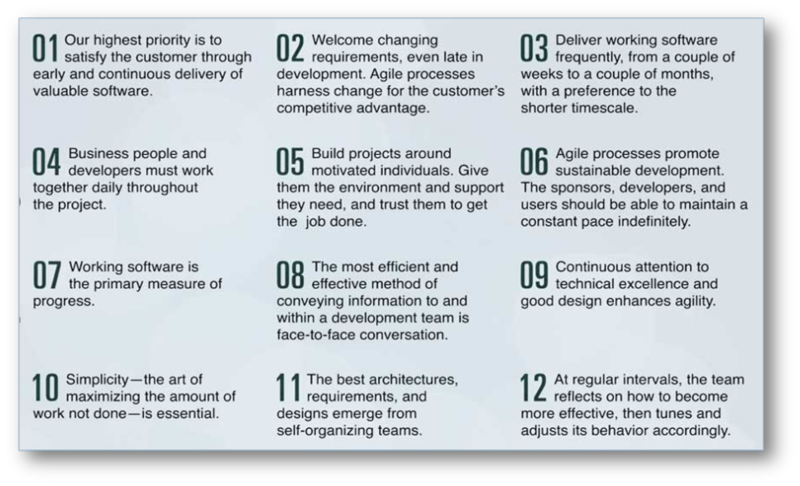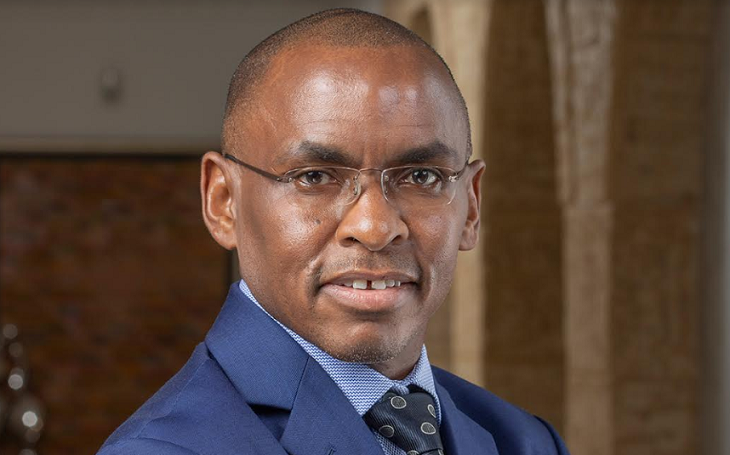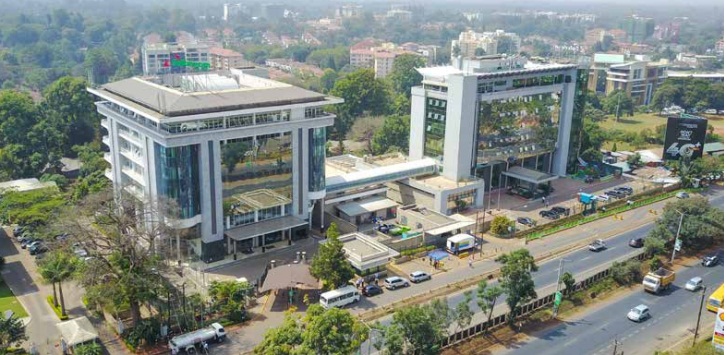
Kenya Power incurred Sh16 billion in system losses more than what is allowed by the Energy and Petroleum Regulatory Authority (Epra) to be passed on to electricity consumers.
The monopoly bought 11,462 gigawatt-hours (GWh) of electricity from its main supplier KenGen and other Independent Power Producers (IPPs) last year, but sold 8,773GWh, with the rest (23.46 percent) being lost along the way or stolen.
The company sold electricity at the rate of Sh16.3 per kilowatt-hour, which means the lost 2,689GWh amounts to Sh43.83. Epra's threshold for the system losses for the year was 14.9 %, which means Sh27.84 billion was passed on to consumers, which is Sh15.99 billion more.
Over half (51 percent) of the system losses stem from low efficiency lines and equipment that the firm uses to distribute electricity, while 49 percent is attributed to theft of power through illegal connections, wrong meter readings and meter bypasses.
• • •
Missing some Tweet in this thread? You can try to
force a refresh







